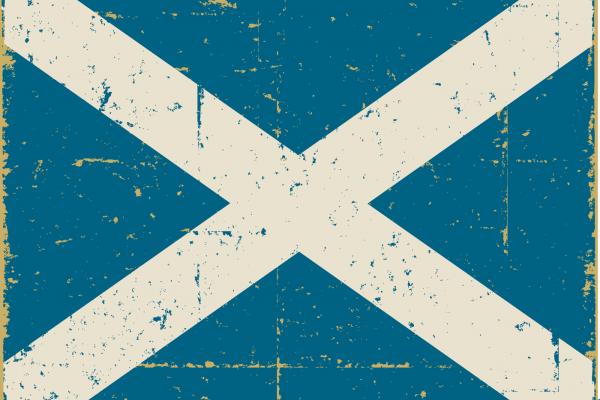Following the defeat of devolution in the 1979 referendum, the SNP went into turmoil. It lost nine of its eleven MPs at the subsequent election and spent the next few years in a bitter internal civil war. In 1979, SNP members expected an easy victory. The internal divisions were a function of shattered expectations. That will not happen today despite the clear rejection of independence.
Politics is an expectation game. Only in the final week or so of the 2014 campaign did it look likely that Yes would win the referendum. Dennis Canavan, Yes Scotland’s chair, told the SNP conference in March 2013 that the YES movement had a mountain to climb but ‘I like climbing mountains’. This was well understood in the Yes movement.
SNP members will be deeply disappointed by the result, especially given evidence from polls that a potential majority existed, but will be aware that 45% YES exceeds early expectations. Mostly, they will be aware that the NO majority was secured on the promise of more powers and to a very tight timetable. The Scottish Government wanted ‘more powers’ in some form on the ballot paper. But this was a red line issue for the Prime Minister. The NO vote became the ‘more powers’ option.
The challenge for the SNP is to exploit the latent support that each side knows exists for independence. The SNP has long since abandoned fundamentalism, thanks largely to the efforts of Alex Salmond in his first period as SNP leader between 1990 and 2000. There will not be another referendum in the foreseeable future. But Scotland has been promised further powers.
The NO parties have been boxed into a very difficult corner with their ‘vow’ and timetable. They have created expectations that will prove very difficult to deliver. The party leaders who signed the ‘vow’ printed on Tuesday’s Daily Record front page have to agree amongst themselves but also involve supporters of independence in agreeing more powers. They also face a backlash from within their own parties that they are conceding too much to Scotland (see http://www.bbc.co.uk/news/uk-politics-29277984). The commitment to consultation and seeking agreement across parties was beginning to crumble within hours of the result. The promise of a Parliamentary motion on Friday 19th did not happen. The Prime Minister’s statement was not only not agreed but caused consternation in Labour circles. The danger is that squabbling with the Better Together parties will undermine or at least minimize more powers.
The SNP will have to steer a course between exploiting the post-referendum situation and ensuring more powers. It may be tempted to exploit the collapse of Better Together unity and broken promises but needs to balance this with cooperating to win maximum powers. In the past the SNP struggled to find a way of combining these objectives.
The result means that the SNP has created an opportunity but it will require skilful leadership. Alex Salmond will remain a wise counsel to his successor. The new leadership have had the experience of government and appreciate the need for compromise but reject modern politics emphasis on managerialism that abandons principle and idealism. The challenge ahead will be combine to idealism and pragmatism in pursuit of better outcomes. That was Alex Salmond’s unstated leitmotif and should be followed by his successor.

